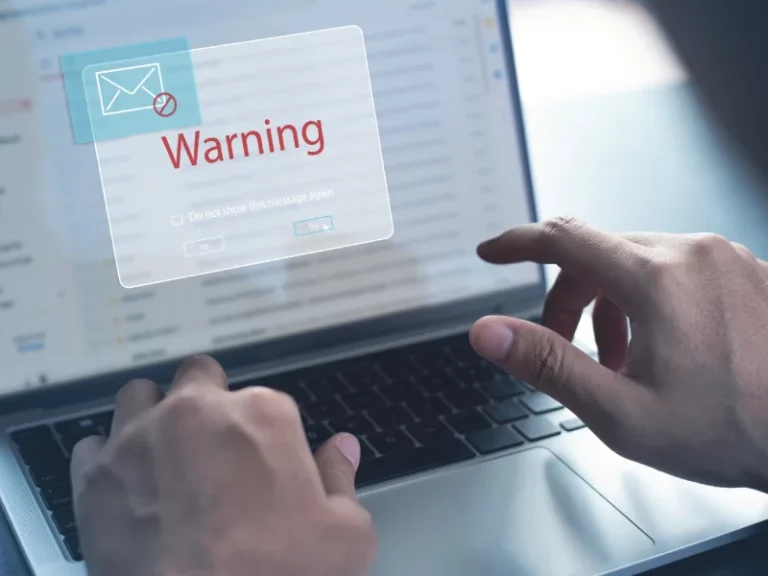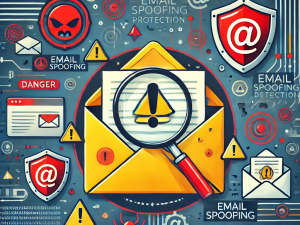Phishing attacks remain one of the biggest cybersecurity threats today, with cybercriminals using deceptive emails, fake websites, and malicious links to steal sensitive data. While many businesses focus on cybersecurity awareness training, relying solely on human vigilance is not enough. This is where anti-phishing tools come in, providing an essential layer of defense against these increasingly sophisticated threats. In this article, we’ll explore the different types of anti-phishing tools, their benefits, and why every business needs them.
What Are Anti-Phishing Tools?
Anti-phishing tools are security solutions designed to detect, prevent, and mitigate phishing attacks before they cause harm. These tools use a combination of AI-driven threat detection, email filtering, URL scanning, and real-time monitoring to block phishing attempts before they reach users.
Some of the most effective anti-phishing tools include:
- Secure Email Gateways (SEGs) – Filters malicious emails and prevents phishing attacks from reaching inboxes.
- DNS Filtering Solutions – Blocks access to malicious websites by analyzing URLs in real-time.
- Multi-Factor Authentication (MFA) – Adds an extra security layer, preventing attackers from using stolen credentials.
- Web Browser Extensions – Alerts users when they attempt to visit a known phishing website.
- AI-Powered Phishing Detection – Uses machine learning to detect and neutralize sophisticated phishing attempts.
Why Do Businesses Need Anti-Phishing Tools?
Phishing attacks are evolving, it is no longer just about poorly written scam emails. Attackers now use AI-generated emails, impersonation techniques, and social engineering tactics to trick even the most cautious employees. Without the right tools, businesses face severe consequences, including:
- Data Breaches – Stolen credentials can give attackers access to confidential business data.
- Financial Losses – Many phishing scams involve fraudulent transactions, costing businesses millions.
- Reputation Damage – A single phishing attack can ruin customer trust and credibility.
- Regulatory Fines – Data protection laws, like GDPR and HIPAA, impose heavy fines on businesses that fail to secure sensitive information.
What Happens If You Don’t Use Anti-Phishing Tools?
Modern cybercriminals use advanced social engineering techniques that can bypass traditional security measures, making comprehensive anti-phishing tools more critical than ever. Without anti-phishing protection, businesses remain highly vulnerable to cyberattacks. Some of the consequences of not using anti-phishing tools include:
- Increased Risk of Data Theft – Attackers gain access to sensitive business and customer information.
- Business Disruptions – Ransomware and credential theft attacks can halt operations for days or weeks.
- Loss of Customer Trust – If customers lose confidence in a company’s ability to protect their data, they take their business elsewhere.
- High Recovery Costs – The financial and operational cost of recovering from a phishing attack can far exceed the cost of prevention.
Cybercriminals are constantly refining their tactics, so relying on manual detection alone is not enough. Investing in anti-phishing solutions is a proactive approach that ensures businesses stay ahead of evolving threats. For businesses looking for enterprise-level email security, CySecure offers cutting-edge anti-phishing solutions designed to detect, prevent, and neutralize threats before they reach your organization.
Want to enhance your organization’s cybersecurity? Contact Terrabyte today to learn how CySecure’s anti-phishing solutions can protect your business. Don’t wait for an attack to happen!



